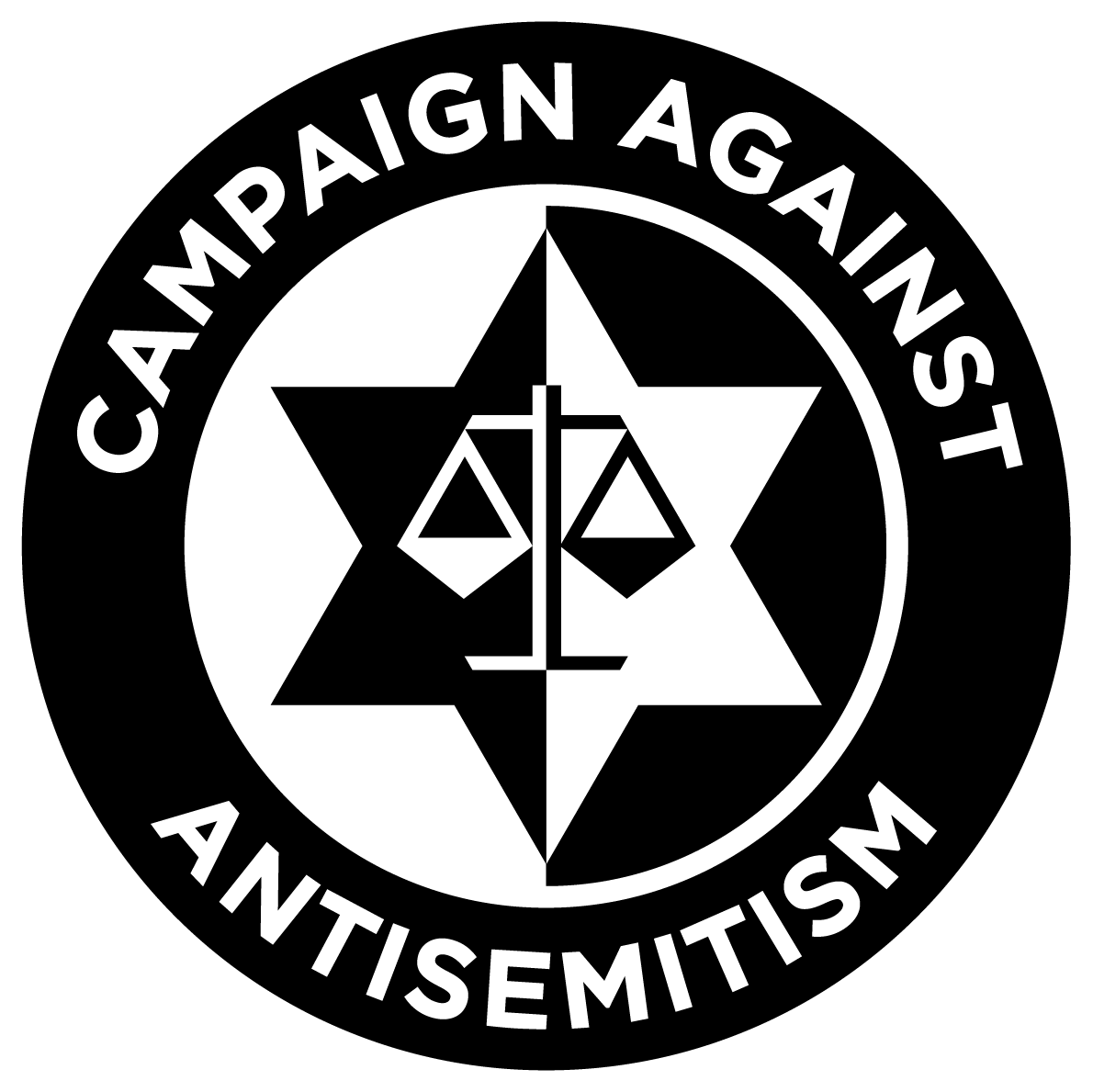European Court of Human Rights says Holocaust denial is not free speech when it “affects the dignity of Jews”
The European Court of Human Rights (ECHR) has ruled that Holocaust denial is not a form of speech protected under the European Convention on Human Rights.
Rulings by the ECHR do not bind English judges, but they do take them into account when interpreting statutes and their consistency with the Convention under the Human Rights Act 1998. The ECHR is not an institution of the European Union and is unaffected by Brexit.
The case involved a member of the Land Parliament of Mecklenburg-Western Pomerania in Germany, Udo Pastoers, speaking in that Parliament in a ceremony on Holocaust Memorial Day in 2010. In his speech he said: “With the exception of the groups whose cooperation you have bought, hardly anyone is truly, emotionally taking part in your theatrical display of concern. And why is that? Because people can sense that the so-called Holocaust is being used for political and commercial purposes…Since the end of the Second World War, Germans have been exposed to an endless barrage of criticism and propagandistic lies — cultivated in a dishonest manner primarily by representatives of the so-called democratic parties, ladies and gentlemen. Also, the event that you organised here in the castle yesterday was nothing more than you imposing your Auschwitz projections onto the German people in a manner that is both cunning and brutal. You are hoping, ladies and gentlemen, for the triumph of lies over truth.”
The Parliament revoked his parliamentary immunity and he was prosecuted, as Holocaust denial is a crime in Germany.
He appealed his case through several courts in Germany and eventually the case came before the ECHR on the grounds that the prosecution breached his freedom of expression.
Article 10 of the Convention states that “Everyone has the right to freedom of expression. The exercise of these freedoms, since it carries with it duties and responsibilities, may be subject to such formalities, conditions, restrictions or penalties as are prescribed by law and are necessary in a democratic society…for the protection of the reputation or rights of others…”
The ECHR stated that Mr Pastoers had “intentionally stated untruths in order to defame the Jews and the persecution that they had suffered during the Second World War” and that it considered that his “impugned statements affected the dignity of the Jews to the point that they justified a criminal-law response.”
The ECHR found that “there is no appearance of a violation of Article 10 of the Convention” in the conviction of Mr Pastoers and that the appeal was “manifestly ill-founded”.
Campaign Against Antisemitism secured a similar blow for historical truth in landmark legal action against Alison Chabloz over her songs mocking Holocaust survivors and claiming that the Holocaust was a Jewish fraud, resulting in Holocaust denial being deemed by the English courts for the first time to be “grossly offensive” and therefore illegal when used as a means by which to hound Jews.



